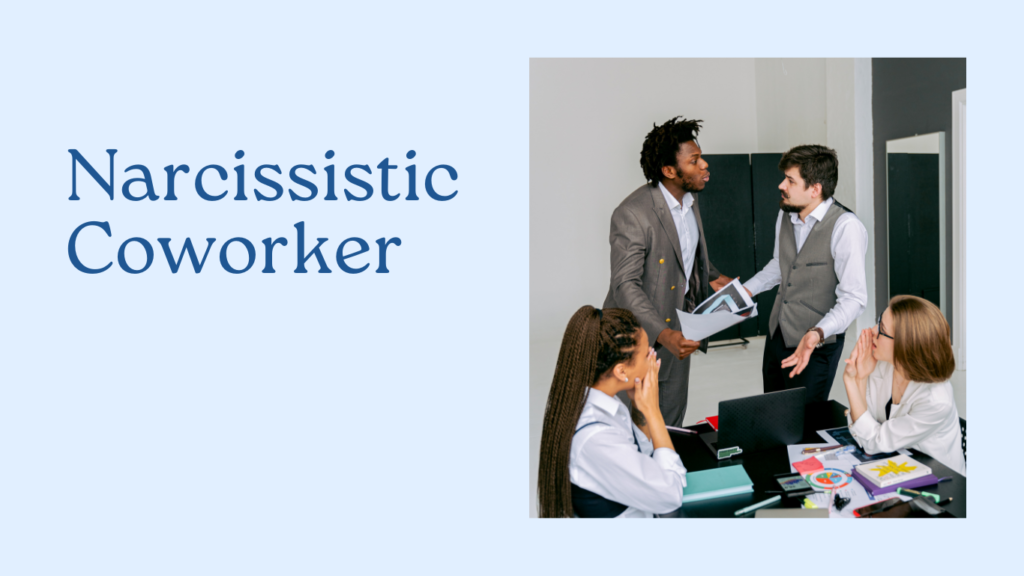Sometimes, the people closest to us wear the most convincing masks. Narcissistic friends, for example, might seem endlessly supportive, but beneath the surface, they are quietly pursuing their selfish goals.
What makes it even trickier is that their behavior doesn’t always scream “narcissism” from the start. They might be the life of the party, quick with a compliment or a helping hand.
However, over time, you begin to notice subtle red flags. They might get obsessed with validation or use you for their gain. It’s tough to realize these traits, especially when they’re so good at hiding their true selves.
In this discussion, we’ll highlight the 12 traits of a narcissist friend to help you understand your relationships.
1. Use You for Personal Gain
A narcissistic friend uses you without even realizing it. They manipulate situations to serve their needs, ignoring your feelings.
They only reach out when they require something—emotional support, financial help, or social leverage—and disappear when you need them. If you try to stand up for yourself, they might gaslight or guilt-trip you into compliance.
Their actions are always calculated to benefit them, with little regard for your well-being. They don’t care about you; they only care about how you can serve their interests.
2. Backstabbing and Betrayal
The pain of betrayal by a narcissistic friend is compounded by how expertly they hide their true intentions. They may act loyal to your face but work behind your back to undermine you.
They might spread rumors, steal opportunities, or leak your private information to others. This betrayal is not accidental. It’s part of a calculated effort to elevate their status and keep control over you.
3. Steal Your Loved Ones
A narcissistic friend may try to steal your loved ones to boost their ego. They might charm your friends, partner, or family, slowly turning them against you or making you feel excluded.
They thrive on creating divisions, spreading subtle lies, or twisting situations to make themselves look better.
Their goal is to isolate you while securing loyalty from those around you. This manipulation can leave you abandoned and betrayed.
4. Exploit Your Vulnerabilities
A narcissistic friend exploits your vulnerabilities to maintain control and feed their ego. They may pretend to be supportive, only to use your fears, insecurities, or past traumas against you.
When you open up, they gather information to use later—guilt-trip you, control your decisions, or embarrass you in front of others.
This emotional manipulation keeps you in a weakened state, making it easier for them to take advantage.
5. Turn People Against You
To isolate and control you, a narcissistic friend might turn others against you. They spread lies, twist the truth, and manipulate people into doubting your character.
Their goal is to damage your reputation while enhancing their own. They play the victim to gain sympathy and make you appear to be the problem. Over time, this creates confusion, leaving you isolated and betrayed.
6. Using Your Secrets Against You
A narcissistic friend will use your secrets to maintain power over you. They encourage you to open up, only to later weaponize your vulnerabilities.
They might reveal your private information to embarrass you, manipulate you, or gain sympathy from others. If confronted, they might gaslight you, denying their actions or blaming you for trusting them.
So, be mindful of what you share with them, and set boundaries to protect yourself from further exploitation. Trust should be earned, not taken advantage of.
7. Publicly Shaming You
A narcissistic friend may shame you publicly to assert dominance and feed their ego. They might disguise insults as jokes, mock your flaws, or expose private details to embarrass you.
Their aim is to diminish you while making themselves feel superior. If you react, they’ll dismiss your feelings as if you’re overreacting, using phrases like “It’s just a joke” to make you doubt yourself and tolerate their hurtful behavior.
8. Pretending to Be Your Savior
A narcissistic friend may portray themselves as your savior in an effort to gain control over you. They offer help when you’re vulnerable, making you feel dependent on them.
This “rescue” act boosts their ego, creating a sense of obligation on your part. They exaggerate their efforts, expecting praise and using their “selflessness” to manipulate you.
A genuine friend offers support without expecting anything in return or making you feel indebted.
09. Turning Your Wins Into Their Wins
A narcissistic friend may turn your successes into their own, diminishing your sense of accomplishment.
When you achieve something, they might try to steal the spotlight, downplay your achievements, or claim that they played a major role in your success. They shift the focus to themselves to boost their image or gain attention at your expense.
10. Disposability
A narcissistic friend has a “disposable” view of relationships, treating you as a resource to be used when convenient and discarded when no longer beneficial.
They might show little regard for your feelings or needs, only reaching out when they want something from you. Once they’ve gotten what they want, they may become distant, indifferent, or cut off contact altogether, leaving you unimportant. They’ll return when they require you again as though nothing has occurred.
11. Overstepping Boundaries
A narcissistic friend consistently oversteps boundaries, disregarding your limits to get what they want.
They might invade your personal space, push you to do things you’re uncomfortable with, or demand more of your time and energy than you’re willing to give. When you try to establish boundaries, they may dismiss them, making you feel guilty for wanting to protect yourself.
12. Inconsistent and Unpredictable Behavior
A narcissistic friend is emotionally unpredictable, swinging between affection and coldness.
One moment, they may be warm and attentive. The next, distant or even cruel. This inconsistency keeps you on edge, making you constantly adjust your behavior to gain their approval. It creates confusion and anxiety, leaving you unsure of where you stand in the friendship.
Healthy relationships, by contrast, are stable and dependable.
Conclusion
A narcissistic friend can manipulate, exploit, and betray you for their gain, leaving you feeling drained, unappreciated, and isolated. They use tactics like controlling, shaming, and turning others against you, all while masking their true intentions.
To protect yourself, it’s crucial to set firm boundaries and distance yourself from toxic behavior. Healthy relationships are founded on trust, respect, and mutual care, not manipulation and exploitation.


